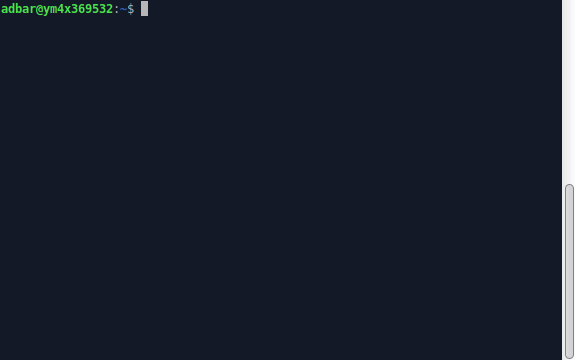





Find original and updated publication dates of any web page. From the command-line or within Python, all the steps needed from web page download to HTML parsing, scraping, and text analysis are included.

With Python:
>>> from htmldate import find_date
>>> find_date('http://blog.python.org/2016/12/python-360-is-now-available.html')
'2016-12-23'On the command-line:
$ htmldate -u http://blog.python.org/2016/12/python-360-is-now-available.html
'2016-12-23'- Multilingual, robust and efficient (used in production on millions of documents)
- URLs, HTML files, or HTML trees are given as input (includes batch processing)
- Output as string in any date format (defaults to ISO 8601 YMD)
- Detection of both original and updated dates
- Compatible with all recent versions of Python
htmldate can examine markup and text. It provides the following ways to date an HTML document:
- Markup in header: Common patterns are used to identify relevant elements (e.g.
linkandmetaelements) including Open Graph protocol attributes - HTML code: The whole document is searched for structural markers:
abbrortimeelements and a series of attributes (e.g.postmetadata) - Bare HTML content: Heuristics are run on text and markup:
- in
fastmode the HTML page is cleaned and precise patterns are targeted- in
extensivemode all potential dates are collected and a disambiguation algorithm determines the best one
Finally the output is validated and converted to the chosen format.
| 1000 web pages containing identifiable dates (as of 2023-11-13 on Python 3.10) | |||||
|---|---|---|---|---|---|
| Python Package | Precision | Recall | Accuracy | F-Score | Time |
| articleDateExtractor 0.20 | 0.803 | 0.734 | 0.622 | 0.767 | 5x |
| date_guesser 2.1.4 | 0.781 | 0.600 | 0.514 | 0.679 | 18x |
| goose3 3.1.17 | 0.869 | 0.532 | 0.493 | 0.660 | 15x |
| htmldate[all] 1.6.0 (fast) | 0.883 | 0.924 | 0.823 | 0.903 | 1x |
| htmldate[all] 1.6.0 (extensive) | 0.870 | 0.993 | 0.865 | 0.928 | 1.7x |
| newspaper3k 0.2.8 | 0.769 | 0.667 | 0.556 | 0.715 | 15x |
| news-please 1.5.35 | 0.801 | 0.768 | 0.645 | 0.784 | 34x |
For complete results and explanations see the evaluation page.
This Python package is tested on Linux, macOS and Windows systems; it is compatible with Python 3.6 upwards. It is available on the package repository PyPI and can notably be installed with pip (pip3 where applicable): pip install htmldate and optionally pip install htmldate[speed].
For more details on installation, Python & CLI usage, please refer to the documentation: htmldate.readthedocs.io
htmldate is distributed under the GNU General Public License v3.0. If you wish to redistribute this library but feel bounded by the license conditions please try interacting at arms length, multi-licensing with compatible licenses, or contacting me.
See also GPL and free software licensing: What's in it for business?
This effort is part of methods to derive information from web documents in order to build text databases for research (chiefly linguistic analysis and natural language processing). Extracting and pre-processing web texts to the exacting standards of scientific research presents a substantial challenge for those who conduct such research. There are web pages for which neither the URL nor the server response provide a reliable way to find out when a document was published or modified. For more information:


@article{barbaresi-2020-htmldate,
title = {{htmldate: A Python package to extract publication dates from web pages}},
author = "Barbaresi, Adrien",
journal = "Journal of Open Source Software",
volume = 5,
number = 51,
pages = 2439,
url = {https://doi.org/10.21105/joss.02439},
publisher = {The Open Journal},
year = 2020,
}- Barbaresi, A. "htmldate: A Python package to extract publication dates from web pages", Journal of Open Source Software, 5(51), 2439, 2020. DOI: 10.21105/joss.02439
- Barbaresi, A. "Generic Web Content Extraction with Open-Source Software", Proceedings of KONVENS 2019, Kaleidoscope Abstracts, 2019.
- Barbaresi, A. "Efficient construction of metadata-enhanced web corpora", Proceedings of the 10th Web as Corpus Workshop (WAC-X), 2016.
You can contact me via my contact page or GitHub.
Contributions are welcome!
Feel free to file issues on the dedicated page. Thanks to the contributors who submitted features and bugfixes!
Kudos to the following software libraries:
- lxml, dateparser
- A few patterns are derived from the python-goose, metascraper, newspaper and articleDateExtractor libraries. This module extends their coverage and robustness significantly.
